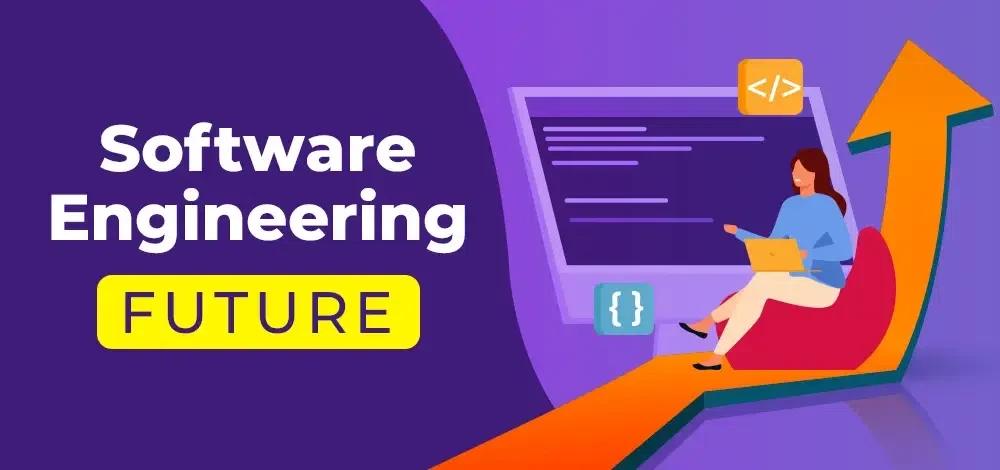Software development is a rapidly evolving field, with new trends and innovations constantly shaping the way we build and deploy applications. As technology continues to advance, developers are constantly exploring new tools and techniques to stay ahead of the curve. In this article, we will explore some of the key trends and innovations that are shaping the future of software development.
AI and Machine Learning
Artificial intelligence (AI) and machine learning are revolutionizing the way we develop software. These technologies are being used to automate repetitive tasks, improve decision-making processes, and enhance user experiences. From chatbots and virtual assistants to predictive analytics and personalized recommendations, AI and machine learning are transforming the software development process.
DevOps and Continuous Integration
DevOps is a software development methodology that emphasizes collaboration and communication between software developers and IT operations teams. By automating the process of building, testing, and deploying software, DevOps allows teams to release new features faster and more frequently. Continuous integration is a key component of DevOps, enabling developers to integrate their code changes into a shared repository multiple times a day.
Cloud Computing
Cloud computing has revolutionized the way we build and deploy software. By leveraging the power of the cloud, developers can access virtually unlimited computing resources on demand. This has enabled companies to scale their applications quickly and cost-effectively, without the need for large upfront investments in hardware infrastructure.
Microservices Architecture
Microservices architecture is a software development approach that structures applications as a collection of loosely coupled services. Each service is responsible for a specific function, and can be developed, deployed, and scaled independently. This allows teams to build and update software more quickly and efficiently, while minimizing the impact of changes on the overall system.
Blockchain Technology
Blockchain technology is best known for powering cryptocurrencies like Bitcoin, but its potential extends far beyond digital currencies. Blockchain technology can be used to create secure, decentralized applications that enable trustless transactions and data exchanges. By eliminating the need for intermediaries and central authorities, blockchain technology is revolutionizing the way we develop and deploy software.
Quantum Computing
Quantum computing is a cutting-edge technology that has the potential to revolutionize software development. By harnessing the power of quantum mechanics, quantum computers can perform calculations at speeds far beyond the capabilities of traditional computers. This opens up new possibilities for solving complex problems in areas like cryptography, machine learning, and optimization.
Conclusion
The future of software development is filled with exciting trends and innovations that promise to reshape the way we build and deploy applications. From AI and machine learning to DevOps and cloud computing, developers have a wealth of tools and techniques at their disposal to stay ahead of the curve. By embracing these trends and innovations, developers can unlock new opportunities and create software that is faster, more secure, and more scalable than ever before.
Remember, the future of software development is bright, and the possibilities are endless. Stay curious, stay innovative, and always be on the lookout for new trends and technologies that can help you build better software.


